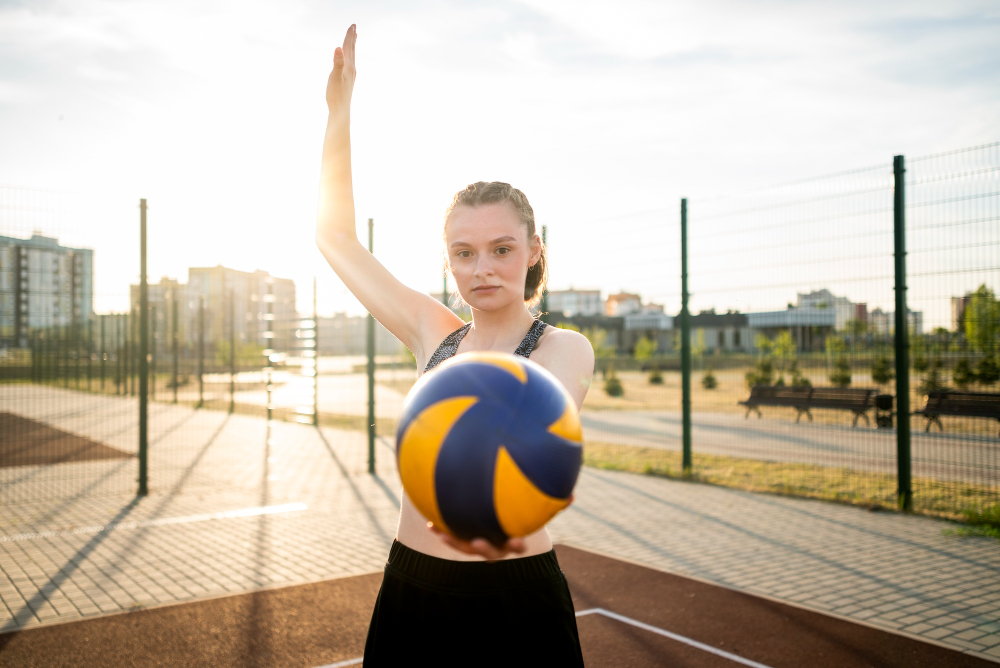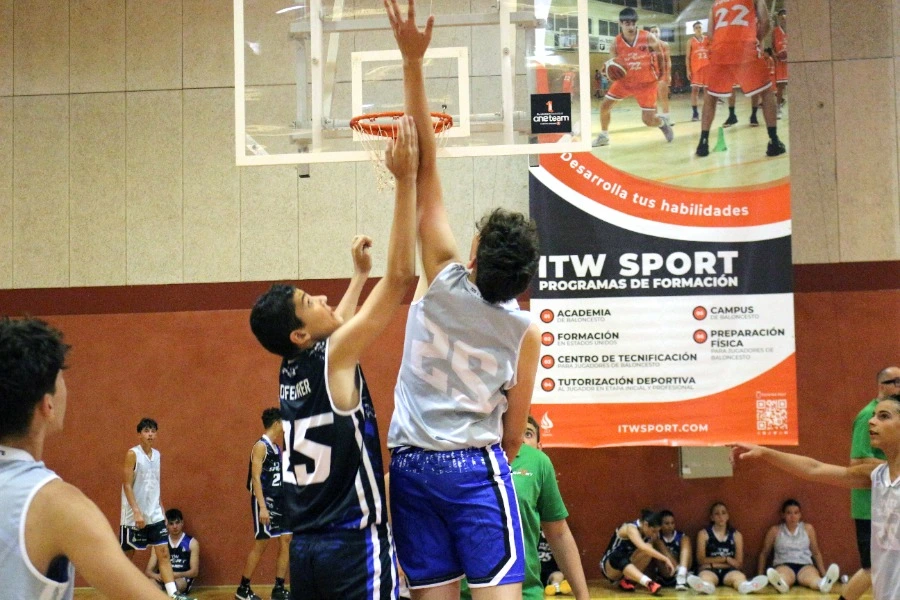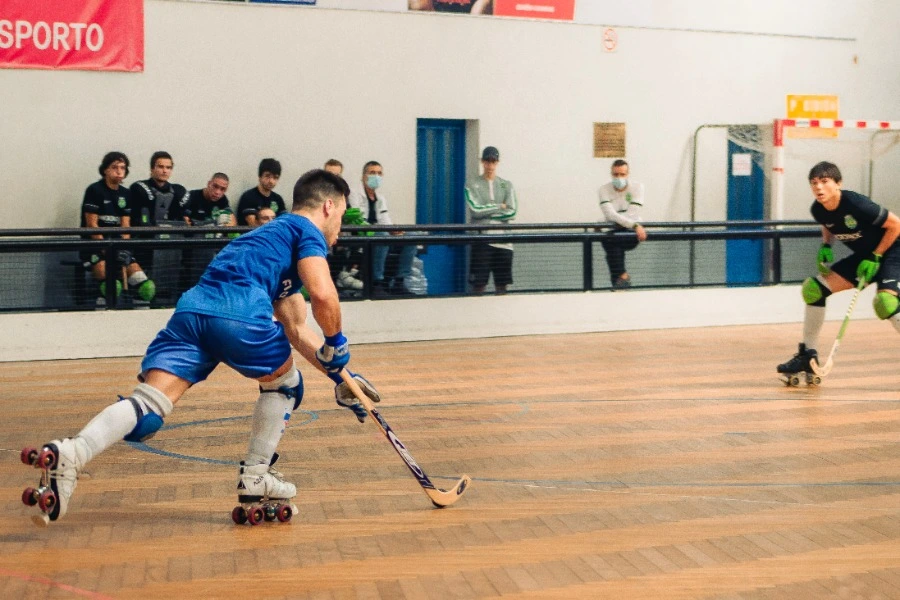Volleyball is a sport that is decided in the details: a serve under pressure, a tough reception on match point, a tactical choice at just the right moment. A volleyball camp provides the ideal setting to develop the mental strength that allows players to perform with precision when the margin for error is minimal.
Beyond perfecting technical skills, its true value lies in preparing players to compete with clarity and control under the highest demands. Mastering technique is essential, but it is not enough to perform in the situations that truly make the difference.
How a Volleyball Camp Trains Pressure Management
The emotional component has a direct impact on technical and tactical performance. Under pressure, the body tends to tense up, the mind speeds up, and mistakes multiply. Learning to manage this state is an essential step toward progressing in competition.
In a volleyball camp, the type of tension that arises in decisive matches is recreated in a controlled way. The goal is for the player to get used to performing effectively in stressful contexts, integrating mental tools into their technical training.

High-Demand Match Simulations
One of the most effective methodologies is to design sessions that replicate the conditions of a real match, both in terms of score and emotional load. Dynamics include:
- Short sets with penalties for unforced errors.
- Serve-change drills at match point, recreating critical moments.
- Internal competitions with spectators or simulated crowd noise to increase pressure levels.
These scenarios trigger a high level of activation, very similar to real competition. Through repetition, the player learns to maintain technique and decision-making under pressure.
Psychological Preparation in a Volleyball Camp
The best volleyball training camps include sports psychology professionals to develop specific mental skills. Some of the most relevant are:
| Activation Control | Learning to regulate energy and tension levels depending on the stage of the match. |
| Pre-Action Routines | Establishing mental and physical habits before each serve or reception to gain emotional stability. |
| Visualization | Training the mind to imagine complex situations and solve them successfully before facing them in real play. |
| Error Management | Developing the ability to quickly move on and maintain focus after a failed action. |
These tools do not replace technical training, but they maximize its effectiveness by allowing the player to access their skills with clarity even under pressure.
Physical Preparation and Tolerance to Effort
Pressure is not only mental. Decisive moments often come when the body is fatigued, and exhaustion increases the likelihood of mistakes. That’s why volleyball camps combine high physical loads with technical and tactical tasks that demand intense cognitive effort.
The goal is for players to learn to maintain precision and decision-making under fatigue, simulating what happens in tight set endings or extended matches.
The Controlled Competitive Environment of a Volleyball Camp
One of the greatest benefits of a camp is that it provides a safe environment to fail and learn. Unlike an official tournament, where the result is the priority, in the camp the focus is on the process: experimenting, taking risks, and developing new solutions without the weight of consequences.
This dynamic allows players to expand their tactical repertoire and build genuine confidence, knowing they have tested their skills in demanding situations before applying them in competition.
Long-Term Results: Resilience and Leadership
The learning acquired in a camp must be consolidated in daily practice. For this, coaches recommend:
- Including high-pressure exercises in the club’s weekly training sessions.
- Reinforcing the mental and concentration routines worked on during the camp.
- Setting performance goals rather than focusing solely on results.
- Maintaining contact with the camp coaches to monitor progress.
In this way, the benefits of the work carried out are not lost after the camp but are integrated into the player’s competitive development.
Conclusion
A volleyball camp is not just an opportunity to improve individual technique:it is a setting designed to develop players capable of performing at their best in the most critical moments..
Learning to manage pressure, stay calm, and make clear decisions under stress is what makes the difference at a high level. Players who train these skills from formative stages not only improve their immediate performance but also build a strong mental foundation that will support them throughout their sports career.





